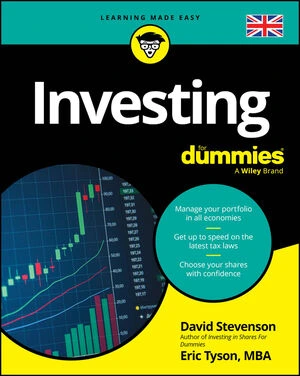Having a grasp of the fundamental traits of a high frequency trade helps you spot where the high frequency traders are operating and what tactics they're using. The more knowledge you have of the tactics and trading strategies used by high frequency traders, the better equipped you will be to avoid becoming their prey and receiving poor trade executions. Here are some suggestions:
High frequency traders trade in small lots of 100 to 200 shares. They try to find out big orders hidden in the markets by using small orders to test the market.
Watch for stock price slippage. Slippage is the difference between the price of a stock when you send an order into the market and the price your order actually gets executed at. Consistently seeing slippage in your trades is indicative of high frequency traders operating in that stock. Be careful: you don't want to be fodder for high frequency traders.
Flash crashes can often be traced back to high frequency traders. Flash crashes happen fast. At their longest, a flash crash may take minutes; more often they are just seconds or milliseconds in length. Because of the speed at which a flash crash happens, it often involves high frequency traders pulling their orders out of the market and/or placing a large amount of sell orders. If the stock has had flash crashes then the order book may be the realm of high frequency traders.
High frequency traders operate in dark pools. Be aware that high frequency traders have been allowed into some dark pools. The fact that there may be high frequency traders in a dark pool makes it impossible for you to spot whether you're trading against them. In such a situation, you're at risk of receiving an execution at an inferior price.
High frequency traders use many different strategies. High frequency traders employ traditional market-making and trading strategies; contrary to popular belief, not all high frequency trading is predatory.
High frequency trading follows regulatory changes. Laws and regulations are the foundation of how high frequency traders are able to ply their trade. Any changes in regulation will affect how the market works.






